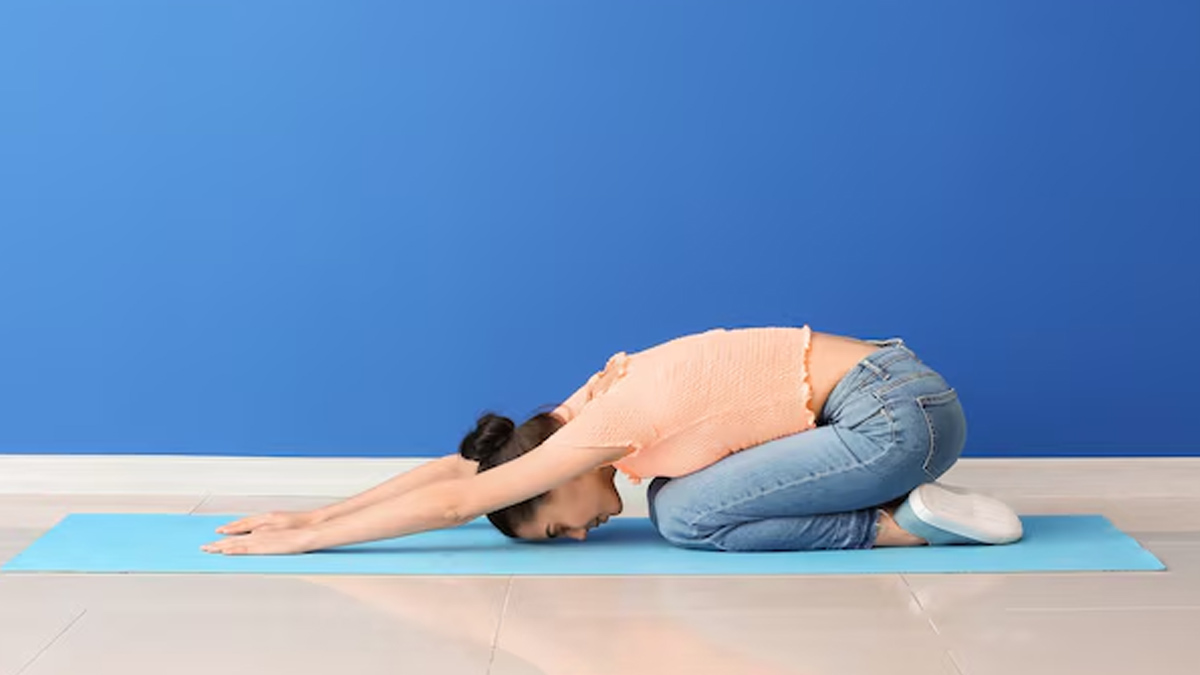
When the air feels thick, sticky, and almost heavy enough to chew, chances are you're smack in the middle of a humid spell. And if you're one of those people who notice a nagging, dull headache creeping in every time the weather turns muggy, you’re not imagining it. Humid weather can be the reason for your headache.
Table of Content:-
What Humidity Does to Your Body?

Humidity is not simply sweating more or getting uncomfortable; it alters how your body functions. When the air contains too much moisture, sweat evaporates more slowly. This slows down your body's natural cooling system, causing overheating, dehydration, and electrolyte imbalance, all of which can be headache triggers.
It can cause blood vessels in your head to dilate, altering blood flow and paving the way for a tension headache or even migraine in sensitive individuals. Additionally, low air pressure (which often comes with humid conditions) affects the oxygen levels in your blood, which again can lead to headaches.
A study published in the International Journal of Biometeorology in 2017 found that emergency department visits for migraines increased on warm and humid days, while there was a decrease on cold, dry days.
Also Read: Does Screen Time Trigger Headaches? The Truth About Blue Light
What Do These Headaches Feel Like?
Most people report a dull, pressing ache, often across the forehead or around the temples. Others may feel a heaviness in their head or eyes, and some may experience mild nausea or light sensitivity if it edges closer to a migraine.
Sinus-type headaches also increase with sticky weather. The humidity can irritate the nasal passages, clog up the mucus, and cause pressure all over the forehead and face.
Natural Ways to Prevent and Ease Humidity-Triggered Headaches
You don’t always need to reach for a painkiller at the first throb. Here are some simple, natural remedies that can help:
Hydration First, Always

It sounds basic, but when the weather is humid, you need more water than you think. Mild dehydration is a common cause of headaches and is more likely in sticky weather when sweat loss is high but not always noticeable.
Fix: Sip water throughout the day. Add a pinch of pink salt or a splash of lemon juice to restore lost electrolytes.
Cool Down
Overheating is a major culprit in humidity-induced headaches.
Fix: Use a cool compress on your forehead or neck. Taking a lukewarm (not cold) shower can also help lower your core body temperature gradually.
Inhale Peppermint or Lavender Oil
Essential oils aren’t magic, but they do offer relief through scent and sensation.
Fix: A drop of peppermint oil on your temples or behind your ears can provide a cooling effect. Lavender oil, on the other hand, can calm the nervous system and ease stress-related headaches.
Don’t Skip Meals
Humidity can suppress your appetite, but skipping meals may drop your blood sugar and make headaches worse.
Fix: Eat small, regular meals that are easy to digest. Fresh fruits, cucumbers, coconut water, and foods rich in magnesium (almonds or spinach) help reduce inflammation and improve hydration.
Also Read: Headache After Lunch? Here’s What Your Body Might Be Telling You
Do a Gentle Stretch or Yoga Flow

Tension headaches often get amplified in humid weather, especially if you’re indoors in air conditioning all day, hunched over a laptop.
Fix: Take 10 minutes to stretch your neck, shoulders, and upper back. A simple yoga pose like child’s pose or legs-up-the-wall can ease pressure and boost blood circulation.
Check Your Indoor Air
Sometimes the air inside your home or office can be just as oppressive.
Fix: Use a dehumidifier or leave your windows slightly ajar (if possible) during less humid parts of the day. Having indoor plants, such as peace lilies can also aid in improving air quality.
When to See a Doctor
If your headaches become severe, last longer than a few days, or are coupled with vision problems or continuing nausea, it's worth consulting with a healthcare professional. Sometimes, what seems like a “weather headache” could be masking another issue.
Bottomline
Humidity may not seem like a big deal until your head starts pounding every time the weather shifts. The key is tuning into what your body needs: more fluids, better air, gentler movement, and calming tools. You don’t have to wait for the rain to stop, just listen to your head, and give it what it needs to feel lighter.
[Disclaimer: This article contains information for informational purposes only. Hence, we advise you to consult your professional if you are dealing with any health issue to avoid complications.]
Also watch this video
How we keep this article up to date:
We work with experts and keep a close eye on the latest in health and wellness. Whenever there is a new research or helpful information, we update our articles with accurate and useful advice.
Current Version